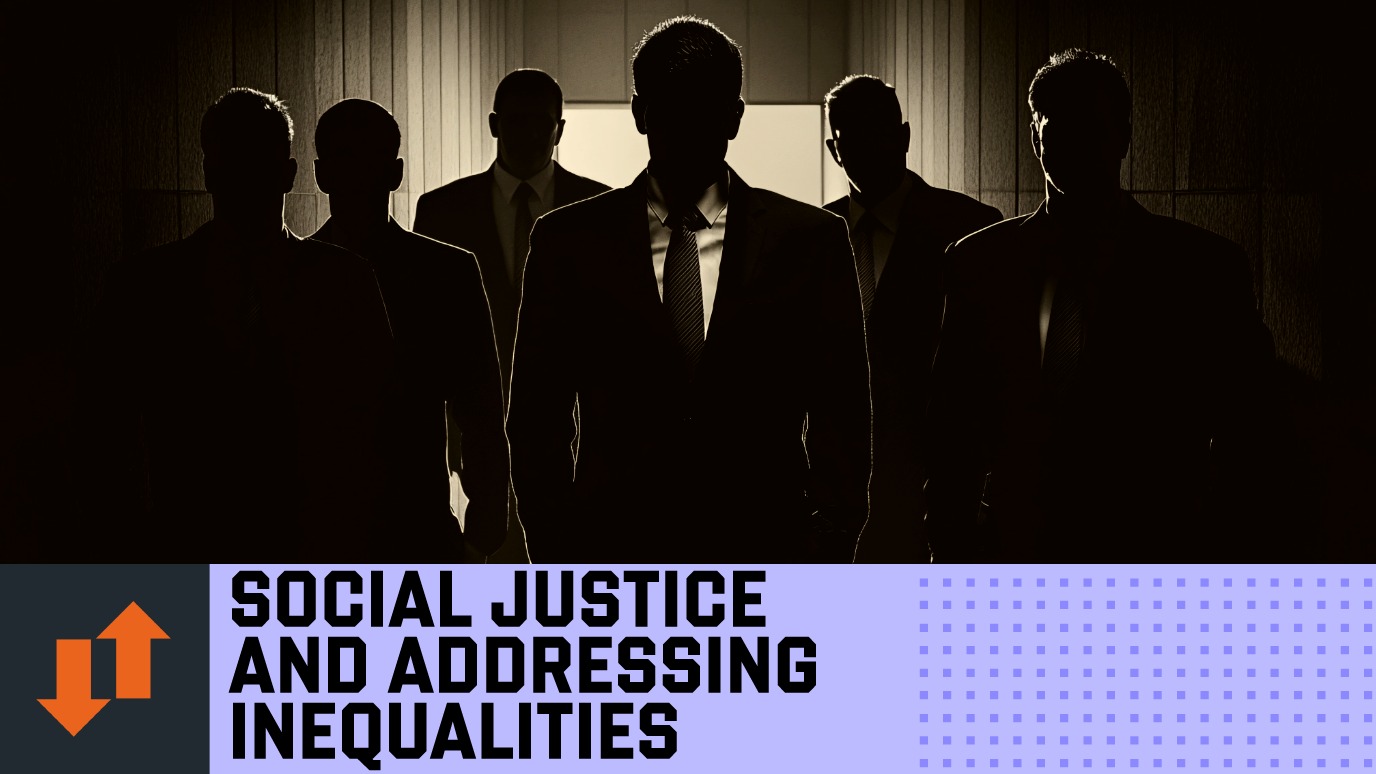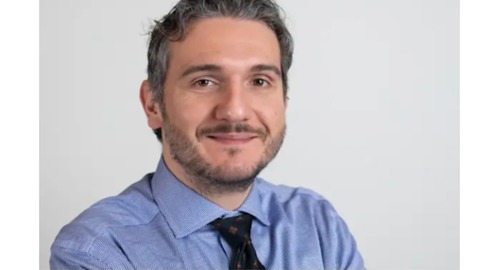Professor Giovanni Travaglino examines the ideology of masculine honour and its association with organised criminal groups

What does masculinity mean? The idea that a ‘real man’ must be physically strong, powerful, dominant, and someone who doesn’t show weakness can be widespread among certain communities and individuals, and difficult to alter. These masculine values are especially prevalent in criminal groups and gangs, and new research by Professor Giovanni Travaglino shows how this can negatively impact the surrounding communities.
I want to provide an answer to an age-old question - how do criminal groups, such as the Mafia in Sicily, secure compliance and sometimes even gain consensus within the population?

He is leading research into how criminal groups exert social, economic, and political influence over communities. His recent research paper discusses how communities are influenced by the ideology of masculine honour, which emphasises strength, courage, and virility, in their perceptions of these groups. Specifically, his work examines how criminal groups present themselves as being the embodiment of masculinity to legitimise their actions and secure support and approval from the local community. The studies are focused on Italy, where mafia-type organisations are embedded in the social fabric of certain territories.
Methodology: studying perceptions of criminality
To examine the association between masculinity and criminal organisations, the researchers asked participants to categorise various paired concepts, including words associated with masculinity and criminal organisations. The speed and accuracy of their response indicated whether there was an association between them. One of the tasks also measured participants’ explicit endorsement of masculine honour ideology by asking them whether they agreed with descriptions of qualities that define a ‘real man,’ for example, ‘a real man will never back down from a fight’. They measured the legitimisation of criminal organisations using phrases such as ‘the actions of the mafia deserve admiration.
Key findings on masculinity and legitimisation
The results showed a tendency among participants to subconsciously link criminal organisations with notions of masculinity. Additionally, the results revealed that participants’ explicit endorsement of masculine honour ideology was associated with a positive endorsement of criminal groups, but only among those individuals who subconsciously linked these groups to masculinity. These studies provide the first evidence to demonstrate the role that masculinity values play in shaping the relationships between criminal groups and the communities in which they exist. Ultimately, they reveal why it's crucial for these groups to uphold their reputation as embodiments of masculinity to maintain power.
My research focuses on the capacity of criminal groups to manipulate social codes and values. By portraying themselves as the embodiment of masculinity, these groups can leverage a more positive image among individuals who endorse masculinity-related values. If we understand how the endorsement of values of masculinity can lead to a more positive view of these groups, we can devise interventions to sustain these communities.
These findings provide new insights and raise several important questions for future research. For example, there is evidence to suggest that people who are concerned about their masculine image are more likely to support political leaders who project certain ideas of strength and toughness. Future studies could provide significant insights into how underlying gender biases may influence public views on authority.
Secret Power Project
This research is part of the ‘Secret Power’ project, an initiative that aims to transform the scientific understanding of criminal governance, providing evidence to support policy recommendations and educational interventions.
Further research from Professor Travaglino on the impact of criminal organisations in the community can be found here.
Return to our Research in Focus page to uncover more exciting research happening at Royal Holloway, University of London.
Research in focus




























